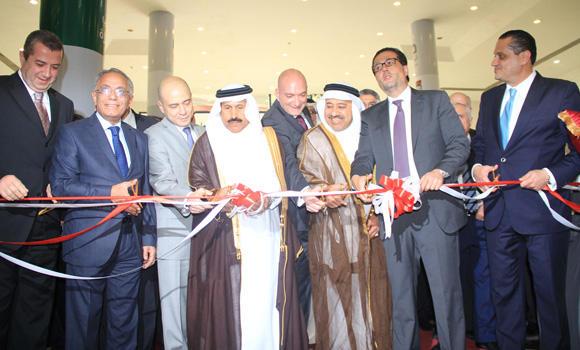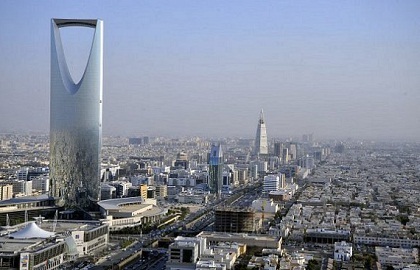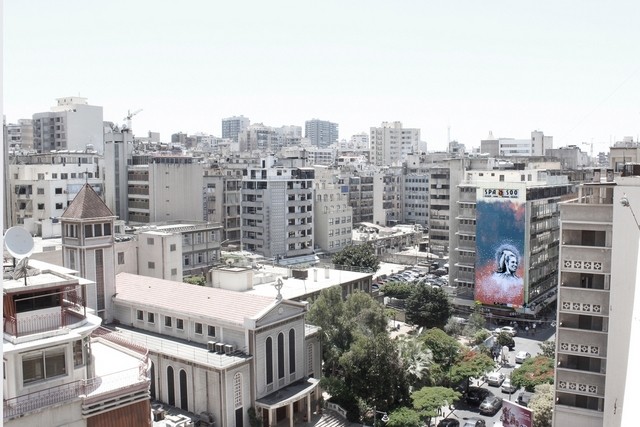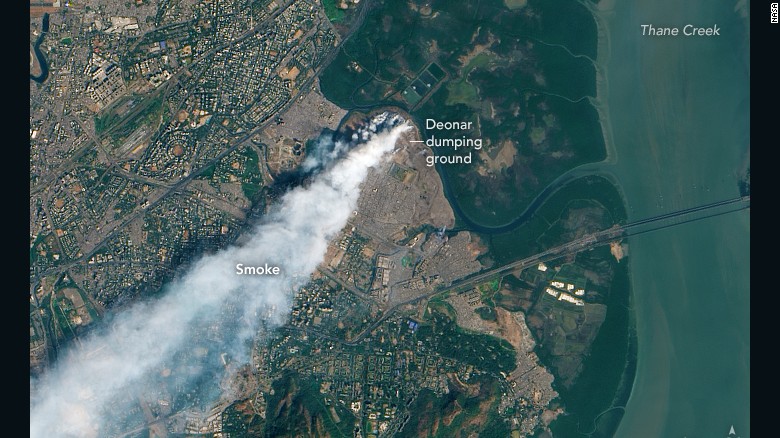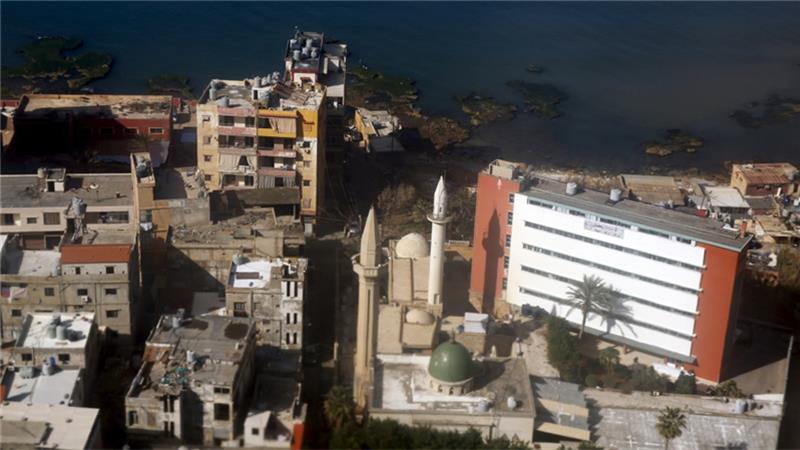The ban on UAE citizens to travelling to Lebanon will hurt the country’s tourism sector, experts say.
The travel ban comes on the heels of Saudi Arabia stopping US$4 billion in military aid to Lebanon last week. The Saudi decision was backed by the UAE, Kuwait and Bahrain.
Security concerns and geopolitical tensions also plague Syria, Egypt and Turkey.
Travellers from the UAE and the Arabian Gulf are expected to prefer destinations in Europe and the Far East over popular destinations in Egypt, Lebanon and Turkey this year, according to Euromonitor International and travel agencies.
Lebanese banks removed from financial watchdog list
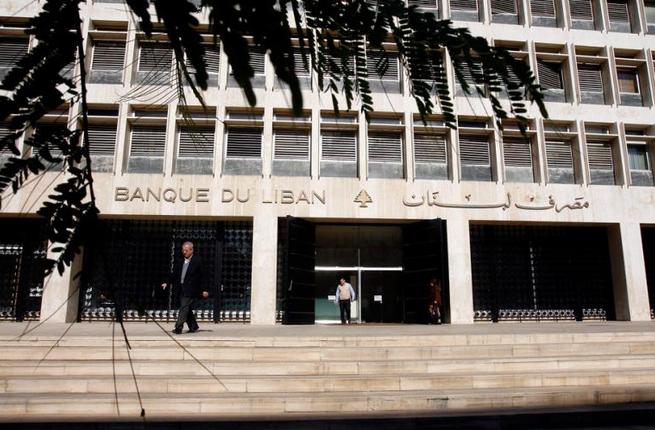
daily star.com.lb
International correspondent banks and depositors will be the first to rejoice following an announcement by a financial watchdog that Lebanon is no longer under the surveillance, bankers said Monday. “Of course this is very good news for Lebanon and the banking sector. Our banks have shown commitment in complying with all international rules and requirements to combat money laundering and terrorism funding,” Markam Sader, the secretary general of the Association of Banks in Lebanon, told The Daily Star.
Other bankers also stressed that the decision to lift the surveillance on Lebanon is not surprising, noting that banks have earnestly pursued upgrading their compliance departments without hesitation.
Read more
Sauudi, UAE warn against travel to Lebanon
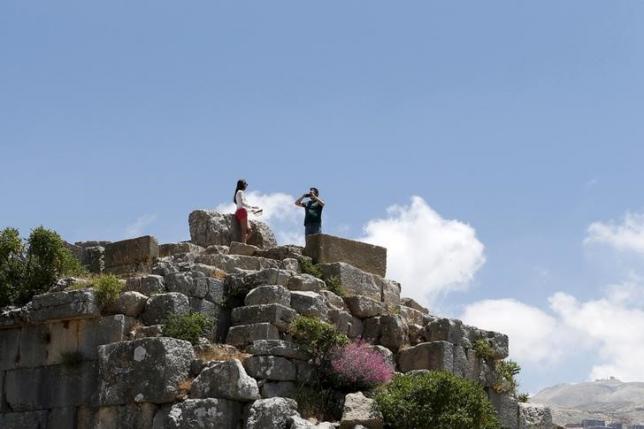
Saudi Arabia on Tuesday warned its nationals against travel to Lebanon and the United Arab Emirates banned its citizens from traveling to the Arab country.
The Saudi foreign ministry issued a statement calling on “all citizens not to travel to Lebanon, for their safety, and asking citizens residing in Lebanon or visiting not to stay unless extremely necessary,” the official SPA news agency reported.
The United Arab Emirates, meanwhile, also announced on Tuesday that it was banning its citizens from traveling to Lebanon and reducing its diplomatic mission there, according to state news agency WAM.
Read more
Lebanese chocolatiers Patchi to sell major share

hoteliermiddleeast
Luxury Lebanese chocolate company Patchi has teamed up with Goldman Sachs and deNovo Corporate Advisors to prepare for a potential stake sale, sources familiar with the matter told Reuters, in a deal expected to value the company at more than $500 million
The prospective sale would be the latest in the food sector in the Middle East by a family business aiming to support expansion plans and improve governance structures.
Investors have been keen to buy into the market as they target the potential of consumer brands buoyed by spending from the Middle East’s growing and increasingly affluent population.
Read more

